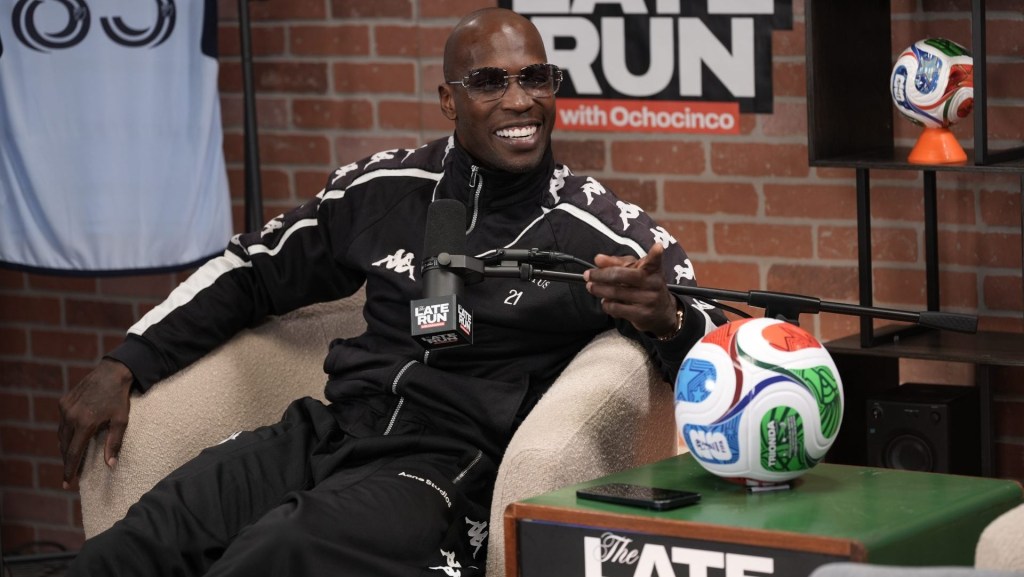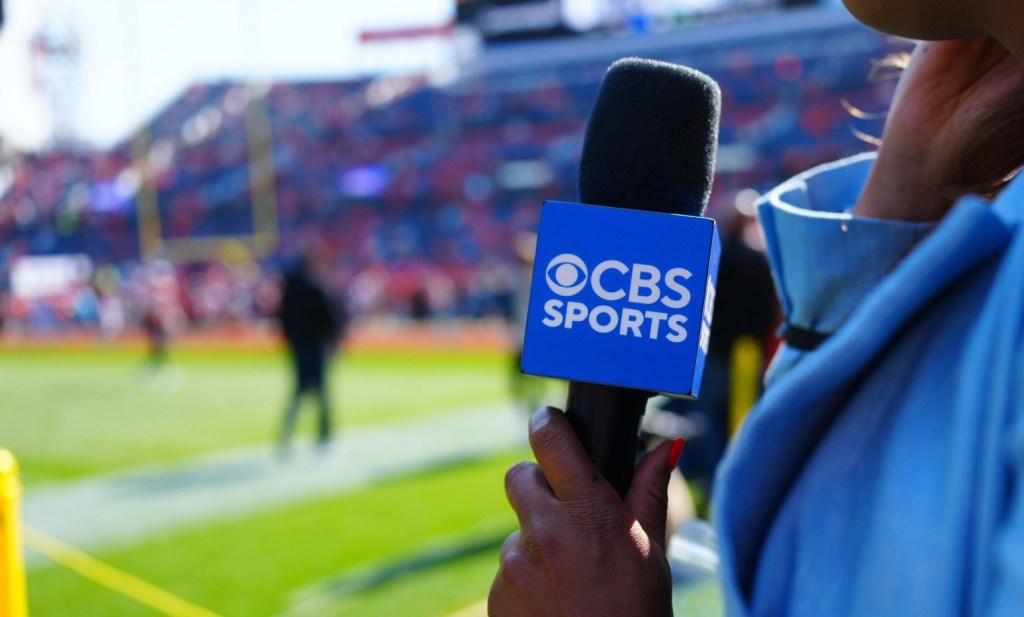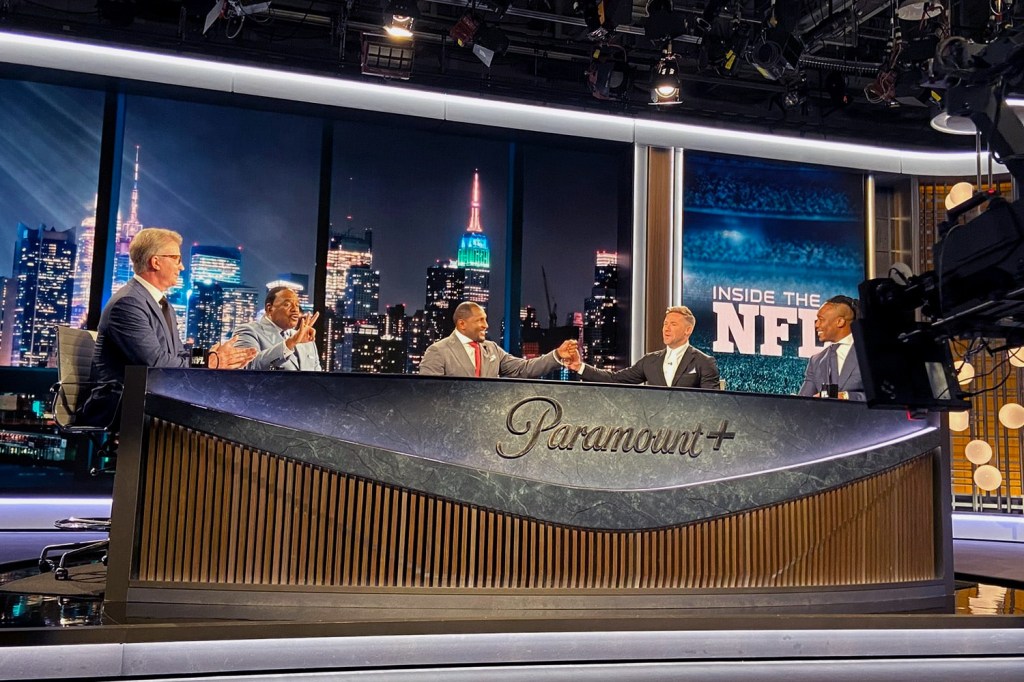The puck drops on ESPN’s second annual Frozen Frenzy on Tuesday, with all 32 NHL teams in action. The first game will begin at 6:00 p.m. ET, with subsequent start times staggered every 15 minutes between 6:30 p.m. and 9:30 p.m. (the two final West Coast games are slightly more spaced out). Games will air on both ESPN properties as well as regional sports networks.
It’s good chaos that viewers overwhelmingly lauded in its inaugural iteration last year. With simultaneous full-game and whiparound highlight coverage across both linear and streaming, there’s a lot to see.
In a moment when the NHL is pushing to grow the game, Frozen Frenzy is a strong way for the league to up its profile with its highly visible partner in ESPN. The nonstop format is positioned to resonate with a general audience beyond hockey diehards, particularly football fans who are hooked on NFL Network’s wildly successful RedZone. It also provides an entry point for a hockey-curious viewer who doesn’t have a team; Frozen Frenzy lets ESPN frame the sport through its most exciting moments and biggest stars.
Despite its widespread positive reception, the format is not without kinks—it is, by definition, a logistical nightmare to coordinate and cover 16 games in the five-hour prime-time window ESPN has chosen for the past two years. (The tight timing is in part caused by constraints around league scheduling and venue availability, an ESPN spokesperson tells Front Office Sports.) This year, ESPN will have to show which of Frozen Frenzy’s wrinkles it can iron out, especially as it competes with the beginning of the NBA season, and contends with a puck drop schedule that means NHL games themselves are butting up against one another.
Among the 2023 event’s praise, some viewers called the whiparound show on ESPN2 clunky and fragmented. Detractors expressed confusion around which highlights were live, and criticized cutaways that felt too rapid or ill-timed during prime scoring opportunities like power plays. Overall, ESPN tells FOS its tweaks to last year’s programming are small, and 2024’s Frozen Frenzy will feel familiar; the network will be working in the same format with the same producer, Mark Schuman. But the spokesperson adds the network has condensed its highlight-driven coverage this year from six hours to five to try to keep constant action on-screen—an experience she says the network hopes will bring “refinement” and a smoother viewing experience to the night.
ESPN’s programming calculus for an event like this is not easy. There’s logic to holding Frozen Frenzy at the beginning of the hockey season to generate excitement that could translate into longtail ratings. But the network is not going to host the games on a Monday with Monday Night Football; or a Saturday, with a full college football slate; or Wednesdays or Fridays, when they have NBA doubleheaders. And were they looking for last Sunday, for instance, the WNBA Finals (which were already threading the needle with their own window) occupied the ESPN prime-time spot. ESPN confirms to FOS that Tuesday’s date was chosen for the prime-time availability on ESPN and ESPN2.
While Tuesday provides a slot that isn’t cannibalized by ESPN’s own main events, Frozen Frenzy does have a timing adversary: the start of the NBA season, which tips off with the Celtics versus the Knicks at 7:30 p.m. ET. The New York–Boston game will run at the same time as portions of the Rangers and Bruins games, which start at 7:15 p.m. and 8:45 p.m., respectively. Which sport will get the eyeballs of these prime markets—and does the NHL have any chance against the NBA?
And in a broader sense, is there a bigger opportunity for Frozen Frenzy if it were to start in the early afternoon with more spaced-out games to fuel the constant action ESPN is craving to air? Is the network—and the NHL—leaving better ratings and fan reception on the table by running the event on a weekday instead of a weekend after the football season wraps, when Frozen Frenzy could potentially own an entire day of dedicated Saturday or Sunday viewership? A later date might not be dissimilar to the midseason bump the NBA seeks through its Christmas scheduling bonanza, and the NHL’s own midseason outdoor games.
Some of the issues ESPN faces with Frozen Frenzy are not a question of its programming approach—beyond the intricate league logistics ESPN notes, hockey also simply doesn’t have the predictability or linearity of football that makes RedZone such a polished product. But for what ESPN can control, ratings will show whether it has made the right choices for its marquee hockey night when it begins at 6 p.m. ET with the Capitals at the Flyers—and so will next year’s scheduling. Perhaps fans could be watching the NHL blitz at noon on a March in Saturday instead.
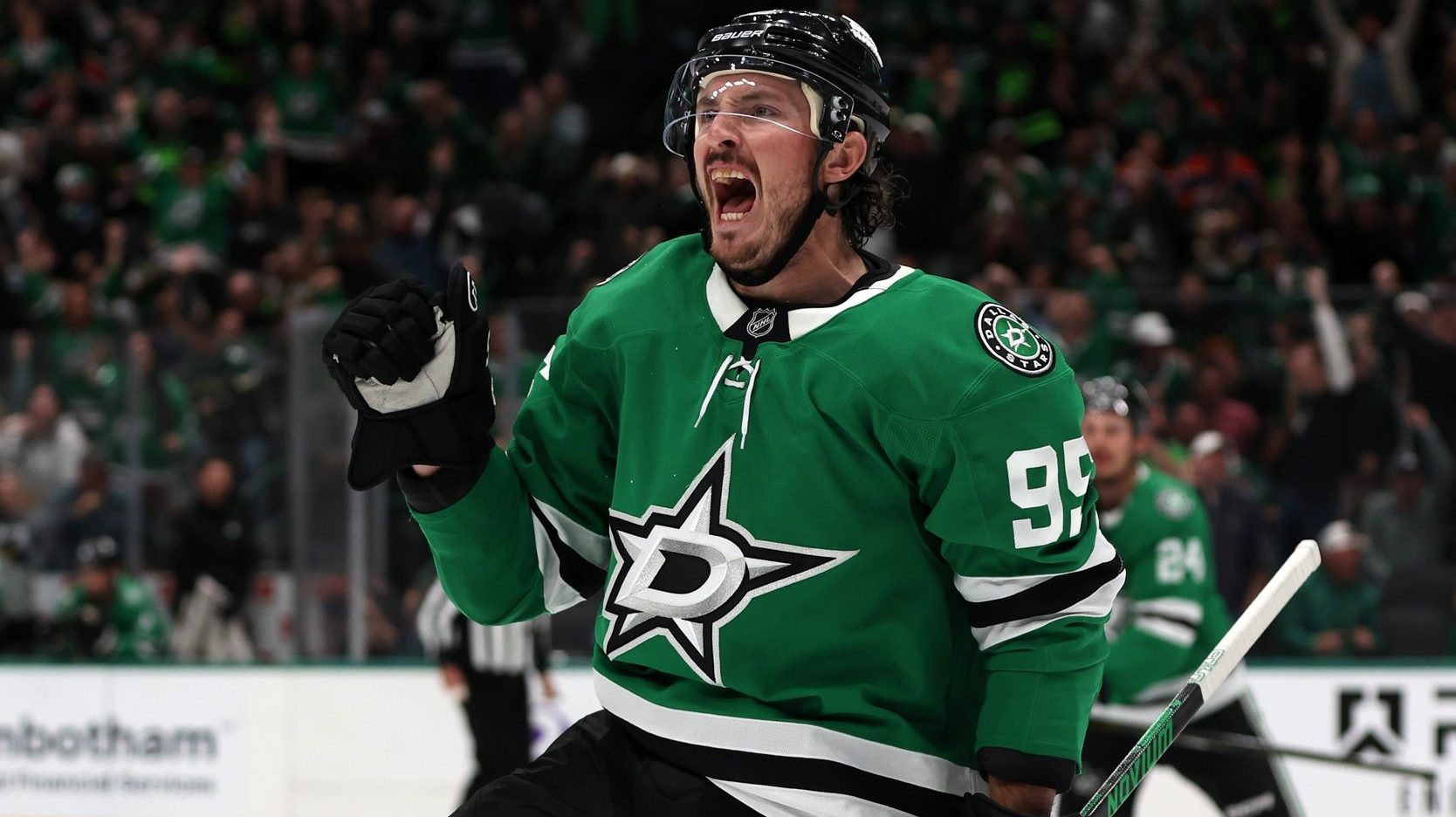


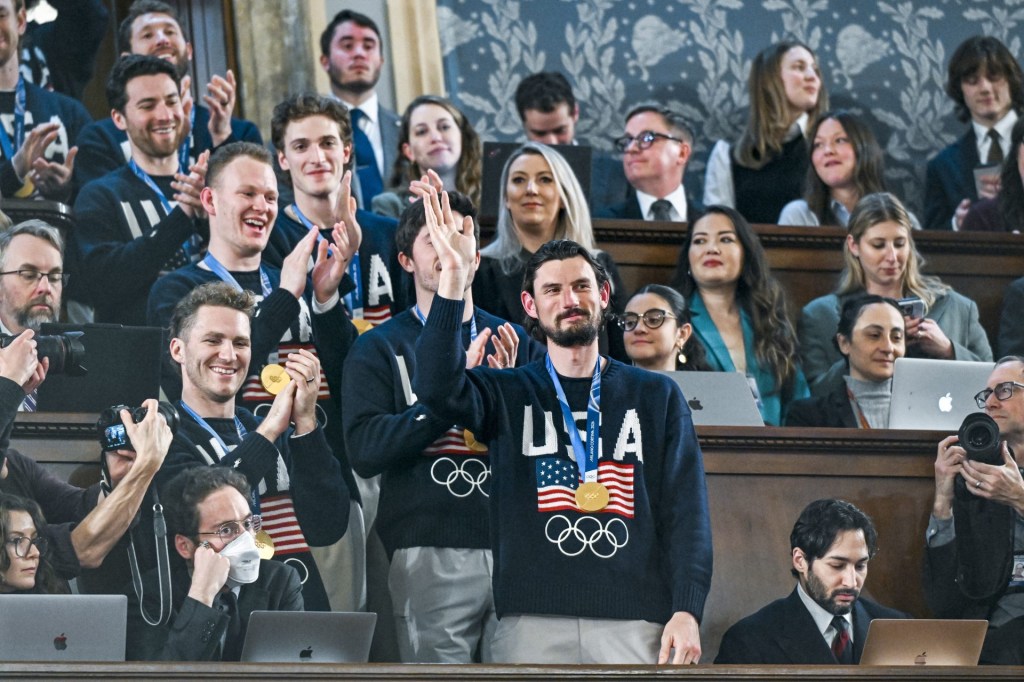
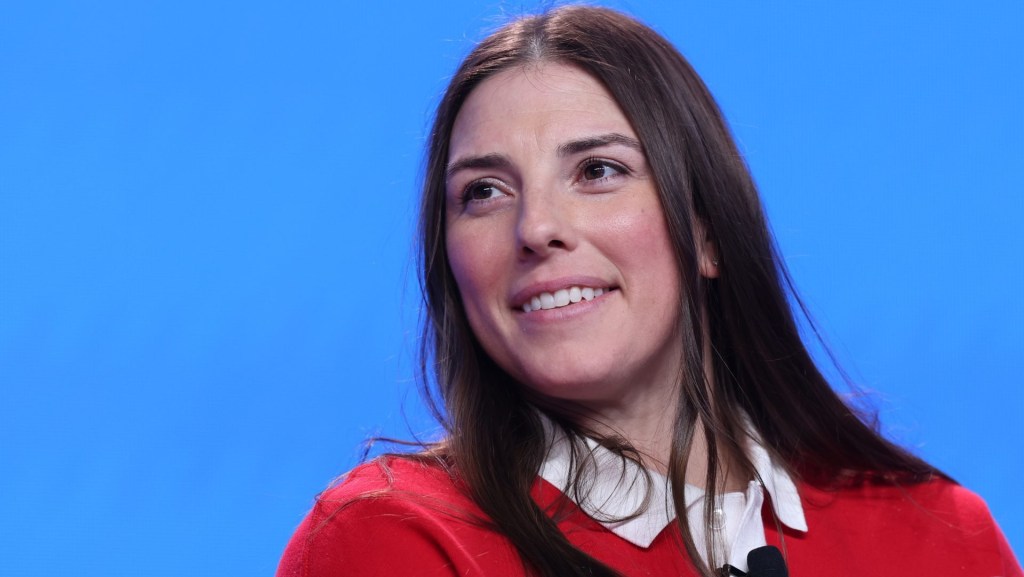

![[Subscription Customers Only] Jun 15, 2025; Seattle, Washington, USA; Botafogo owner John Textor inside the stadium before the match during a group stage match of the 2025 FIFA Club World Cup at Lumen Field.](https://frontofficesports.com/wp-content/uploads/2026/02/USATSI_26465842_168416386_lowres-scaled.jpg?quality=100&w=1024)
![[Subscription Customers Only] Jul 13, 2025; East Rutherford, New Jersey, USA; Chelsea FC midfielder Cole Palmer (10) celebrates winning the final of the 2025 FIFA Club World Cup at MetLife Stadium](https://frontofficesports.com/wp-content/uploads/2026/02/USATSI_26636703-scaled-e1770932227605.jpg?quality=100&w=1024)



